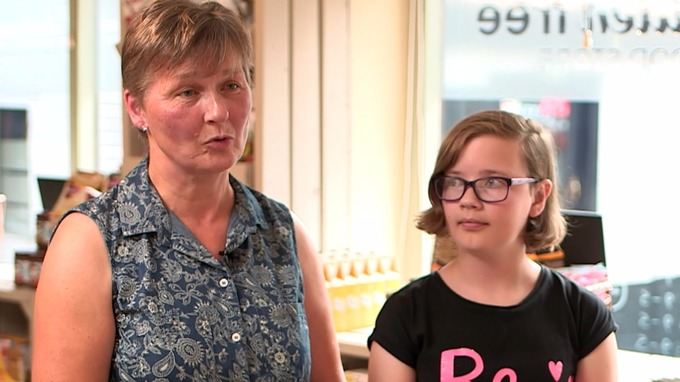Over a third of local health services have reduced or cut prescriptions for patients living with coeliac disease, and figures reveal a postcode lottery across England for patients coping with the most severe form of the illness, which follows on from a report which revealed more than two thirds of doctors admitted to rationing care as the NHS cash crisis worsens.

Campaigners argue the cuts will leave vulnerable patients without the support they need to stick to a gluten-free diet, as currently this is the only available treatment for a condition with debilitating and painful symptoms.

Donna Ely’s 11 year old daughter Bethany recently had her prescription cut. She said: “We always knew Bethany was really ill, I still feel quite emotional about it. She was losing weight and constantly feeling sick.
“The prescription worked out around £20 per month which may not seem like a lot but when you have to pay out extra for the gluten-free products its quite a lot to cope with.”
National prescribing guidelines recommend GP’s should provide patients with reasonable portions of gluten-free staples such as bread, flour and pasta. But ITV News revealed that 17 Clinical Commissioning groups, which hold the purse strings for local healthcare, have cut gluten-free prescriptions all together. They include 12 areas that have cut prescriptions for children too.
Sarah Sleet, Chief Executive of Coeliac UK, said: “For someone medically diagnosed with coeliac disease there is no choice but to stick to a gluten-free diet, day in, day out so access to gluten free staples is critical.
“If people can’t stick to their diet then they are at risk of things like osteoporosis. A hip fracture could cost the NHS anything between twenty and seventy thousand pounds to deal with.”

Dr Graham Jackson, Deputy Director of NHS CCG, the body that represents the organisations who make these decisions said: “We need to be providing services that our population needs across the whole health service.
“It is important that we use the money we have got for emergency care, for cancer treatments, for surgical interventions. All that funding comes down to a commissioner to make a decision and we make that decision based on the need of the population we serve and what is clinically right for that population.”
This story first appeared on ITV News.
